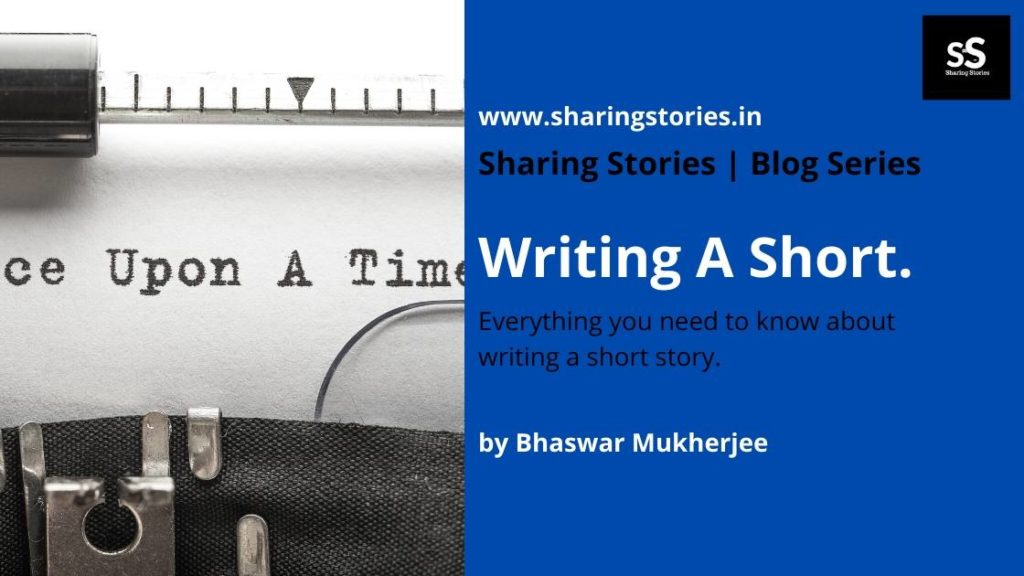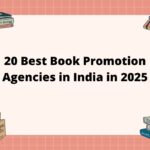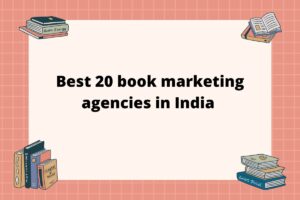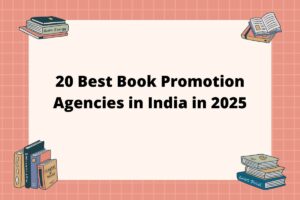Writing a Short | Everything you need to know about Short Story writing.
Writing a Short
(Part I)
First the premise. For it’s a minefield out there. The world of writing fiction is not about it being just a novel or a short story anymore.
The first category starts from six-word stories to dribble/mini saga (exactly 50 words), drabble (exactly 100 words). You can then graduate to micro-fiction/nano-fiction of 300 words or less.
Then comes postcard fiction, yes, which derives its name from fitting 250 words in a postcard, though you could pick any number between 25 and 500.
Next, you have the terms sudden fiction and short short stories referring to longer pieces of flash fiction, around 750 to 1000 words
Please be advised that the umbrella term flash fiction comprises a short fiction of 1000 words or less, so you may not see the granularity described above, nor the many monikers!
Short stories fall in the range of about 1000 to about 7499 words. A standard length is usually 2500-4000 words. A novelette typically consumes between 7500 to 19999 words. Many prefer the term short novella or long short story rather than a novelette. Fiction between 20000 and 49999 words is considered a novella. Once a book hits the 50000-word mark, it is generally considered a novel.
Phew!!
So, which of these are we going to discuss? You would correctly argue that any story, regardless of its length would need to have certain fundamental ingredients for success. However, you will also agree that the pithy structure of flash fiction disallows many elements which we are about to discuss. Hence, we will restrict our discussion to the classic short story, the kind of writing I have dabbled the most in.
A disclaimer upfront. This post will be freewheeling; enumeration will only lend a formal structure and segregate every idea or building block. Each is equally important and complements the other. You will also find one idea blending into the next. Also, these are purely my own thoughts, so “accept and adapt at your own risk!”
My soul-searching reveals ten essential elements necessary for a short:
- External rules and framework
- Story setting and research
- Your characters
- Conflict and Plot
- Plan
- Style
- Minimalism
- Conclusion
- Title
- Editing and revisiting
First, especially if you are submitting for a contest, familiarise yourselves with the rules and the framework. Attention to detail is so important here. Maximum word count? If there is a prompt, will that be included in the count? Do you need a glossary? Will that be included as well? What about the heading/name for your story? Are you expected to stick to a genre? Are cross genres allowed? Do you know enough about genres such as mythology, sci-fi, fables, horror or folk tales? Any other restrictions? For one of the stories in the Write India contests for example, the story had to have an animal. In another the prompt was provided in the present tense, which set the language for the story. An important point here. If your story has a prompt (as the Write India stories did along with other author specific rules) ensure that the use of the prompt is germane to the main plot and not a sub-plot. You story as far as possible should be woven around the prompt or developed from there. Also ensure that there are no restrictions on how the prompt must be used. At the start? End? Anywhere? Are you allowed to break it up? Can you use it repetitively?
Second, the setting for your story must be credible to draw in the reader. The more unfamiliar your setting (for example a genre you are unfamiliar or uncomfortable with or a place new to you where the story occurs), the more you need to research to make it believable. The reader must feel that s/he is there. Or even if your story is not relatable, it is believable. For example, if your story is set in the 1800s and speaks of a performing artist eking out a livelihood in Mumbai from tourists visiting the Gateway of India, perish the thought. The Gateway was built in 1924. You get the drift? If readers don’t trust your honesty with your craft, there is little chance of them immersing themselves into and buying your story! A word of caution here. No matter how much you have studied the premise and enthusiastic to bleed your knowledge on paper, don’t take too long to move from premise to plot. This is a temptation I have often agonised over before letting go. Get to the story quickly. Grab the central theme or plot by the jugular. Remember, you have a maximum word count!
Third, the characters in your story. Often, more important than the plot. A reader identifies with a character, even though s/he may find a plot or a milieu unfamiliar. Have only as many characters in your story as you can properly flesh out. A weak or underdeveloped character is like an undercooked ingredient that can spoil the whole dish(story)! It’s a good idea to start with one or two central characters with one main/pivotal character. I eschew the use of protagonist for s/he could be the antagonist too. Select your characters carefully. If you want your character to have an idiosyncrasy, remember to research it, if it’s unfamiliar terrain. The more complex and/or nuanced your main character, the better. However, it would be counterproductive to try and make the person so complicated that you tie yourself in knots and then are unable to extricate yourself.
(Watch this space as we discuss the other elements next week! See you soon!!…)
-Bhaswar Mukherjee
(Contact: fb: https://www.facebook.com/m.bhaswar/
intsa/twitter-@bhaswarview.
Gmail: m.bhaswar@gmail.com)
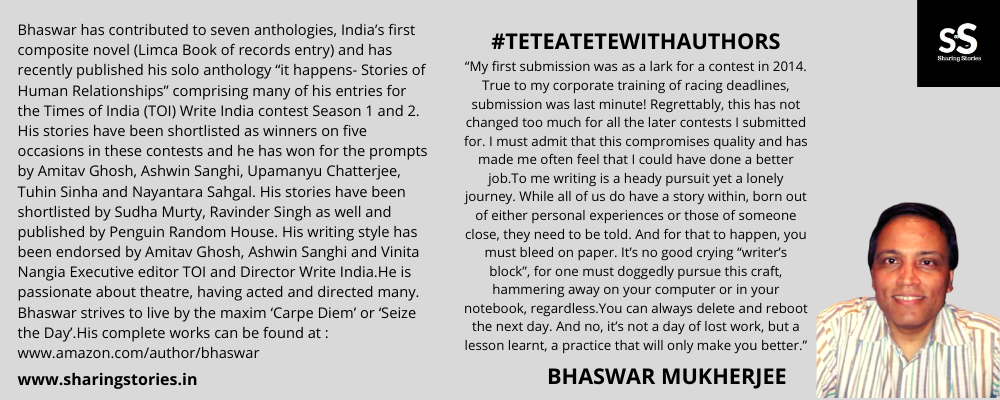
Discover marketing services, interviews & publishing tools at SharingStories.

